IMA India Research Reports
*Download option will appear after the payment is completed.
Monday January 1, 2018
IMA India's Published Reports
The 2023 Mental Health Insights Report
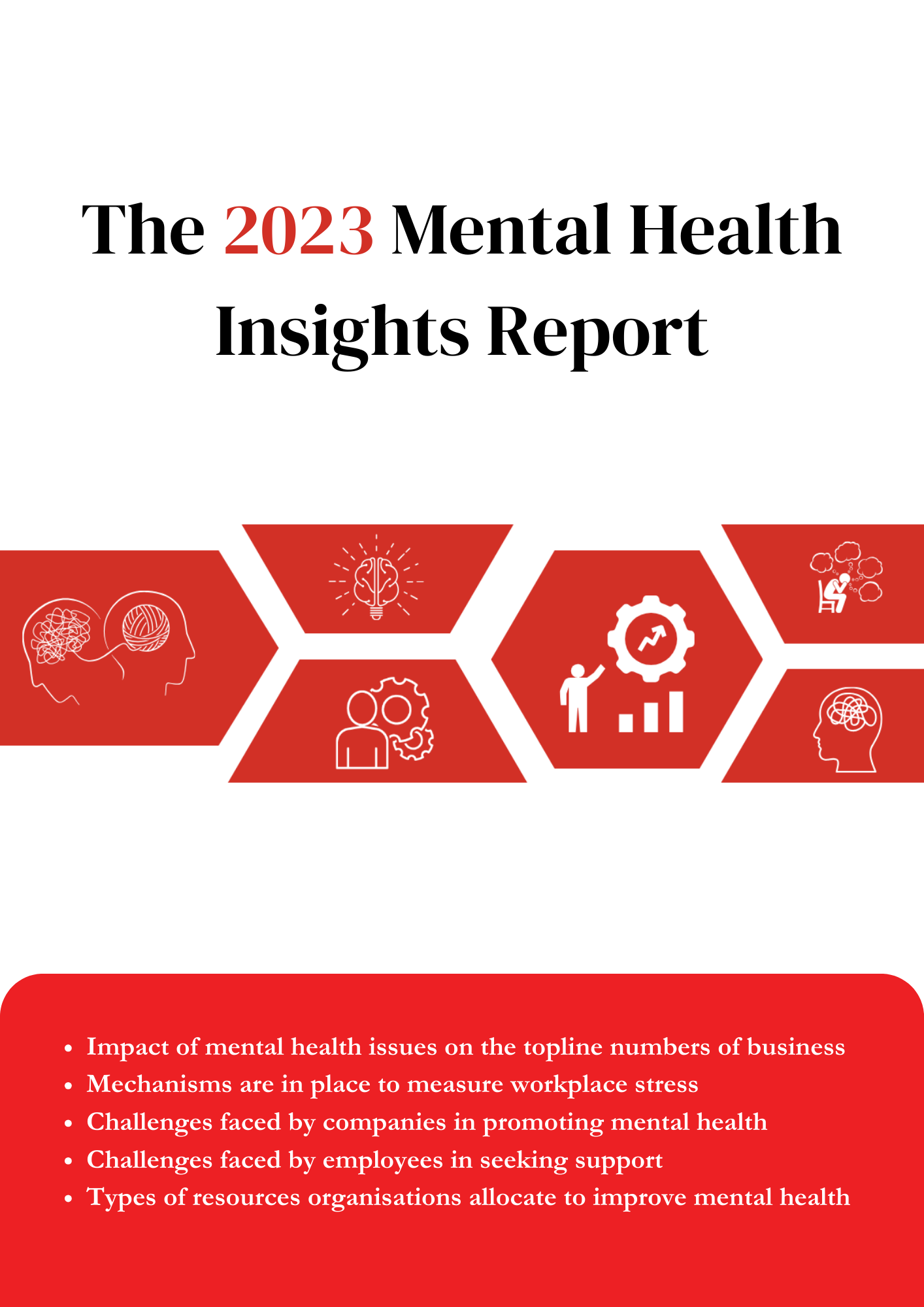
IMA India’s FY22 Attrition Benchmarking Study

IMA India’s FY22 Attrition Benchmarking Study aims to assess trends in attrition, by function, level of management and gender across companies. Over 70 organisations across a wide gamut of industries and of varying size and ownership participated in a survey on these issues, conducted in September-October 2021.
The 2023 Board Remuneration and Governance Report - 12 month subscription to AgileX

The 2023 Board Remuneration and Governance Report

The 2023 Board Remuneration and Governance Report - PDF report copy + 12 month subscription to AgileX

CXO Diaries: Life After Covid-19

As CXOs return to the ‘6-feet economy’, their life both at the workplace and at home is far removed from ‘normal’. IMA recently conducted a detailed survey that sought to establish the sorts of issues top managers are prioritising in the wake of Covid-19; how they are dealing with stress; what skill-gaps they are looking to fill (and how); and whether they are re-evaluating their careers and post-retirement prospects.
The 2020 Digital Marketing Benchmarks Report

IMA India’s Digital Marketing (DM) Benchmarks Report provides detailed process data and metrics obtained from 120 India-based organisations across sectors and industry types. The metrics relate to practices around: resource allocation to Digital Marketing, headcount, budgets, ROIs, outsourcing, and skill gaps. Selectively, comparisons have been provided with the 2015 edition of this exercise to demonstrate what has changed and what has not.
2020 Accounts Closing Benchmarks Report

IMA's 2020 Accounts Closing Benchmarks Report seeks to assess the practices of Finance departments around the accounts closing process in India. The benchmarks have been developed from detailed process data and metrics obtained from 125 India-based organisations across sectors and industry types. The study covers metrics related to practices around staffing, processes, timelines, costs, technology, as well as implementation with respect to the accounts closing activity.
Covid 19 Impact on Compensation and Hiring
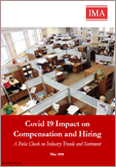
IMA’s Covid-19 Impact on Compensation and Hiring Pulse Survey seeks to assess the impact of the Covid-19 crisis on compensation practices and hiring outlook. The findings are based on inputs collected from 325 organisations across sectors and industry types. The data, collected in May 2020, is collated to provide a balanced perspective on the actions companies have taken or are planning to take in response to the pandemic. Findings are reported at the aggregate level but are also segmented by industry sector, by ownership, by size of business, and by essentiality of service. The analysis also distinguishes between companies following different financial years as this has an important bearing on hiring and compensation decisions.
The 2019 Diversity and Inclusion Benchmarks Report
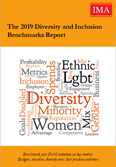
IMA India’s 2019 Diversity and Inclusion Benchmarks report provides actionable yardsticks for companies to measure themselves on diversity-related metrics and parameters. It is based on data collected from 300 companies across sectors through a detailed questionnaire covering diversity budgets, structure, policies, promotional measures, success metrics and impact assessment.
India’s Agriculture Sector: Opportunities and Challenges
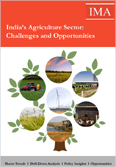
Agriculture is an area of huge importance to the economy as a whole, but it also represents major possibilities for business. This report takes a deep-dive into the Indian farm sector in all its facets - from the input side to credit and insurance and market linkages. What are the key constraints and challenges? Where is growth taking place, and how can it be improved? What is the outlook for policy reforms, and what are the emerging opportunities for corporates? Extensively researched, the report will serve as both a strategic guide for business and an invaluable reference tool.
India’s Agriculture Sector: An Analytical Assessment
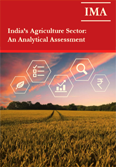
An abridged version of IMA’s comprehensive study on the Indian agriculture sector, this report serves as a decision-making guide for businesses seeking to understand and operate in this vital area. The farm sector presents huge opportunities, and this study looks at all of its facets - from the input side to credit and insurance and market linkages. What are the key constraints and challenges? Where is growth taking place, and how can it be improved? What is the outlook for policy reforms, and what are the emerging opportunities for corporates? Extensively researched, the report will serve as both a strategic guide for business and an invaluable reference tool.
The 2018-19 CXO Compensation Survey
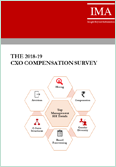
IMA’s 2018-19 CXO Compensation Survey provides benchmark-setting data and insights on trends in compensation, and other practices related to managing the C-Suite. It is based on a rigorous methodology, refined over two decades. The results and analysis are extremely current, and includes FY20 projections on key parameters. Over 165 CXOs from our CEO, CFO, CHRO and CMO Forums responded to a detailed questionnaire, and the data was validated through robust in-house checking. The focus of this year’s survey is exclusively on the top-management level, providing deep insights on HR practices relevant to the C-Suite. In addition to the overall results, cuts by segment, sector, size and ownership are provided on key indices.
Finance Department Benchmarks

IMA India’s Finance Department Benchmarks are designed to provide a baseline against which organisations can measure themselves on a variety of efficiency and effectiveness parameters. More than 240 CFOs from large, medium, and small companies across the manufacturing and services space responded to a detailed questionnaire covering areas such as costs, staff, volume of work, organisation structure, finance automation, and outsourcing and insourcing trends.
The India Employment Report 2017
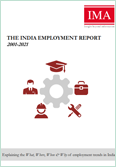
IMA's India Employment Report analyses national and state-level trends in talent pool and employment patterns by industry sectors, gender and location (rural vis-à-vis urban areas). The report is based on a minute analysis of four of the largest databases in the country - Employment and Unemployment Surveys conducted by the National Sample Survey Organisation for the years 2004-05 and 2011-12, Employment-Unemployment Surveys conducted by the Labour Bureau in 2015-16, Census of India for 2001 and 2011, Economic Census of India, 2013-14. The report also estimates employment demand for 2021.
Diversity Underlying Unity: IMA India's Study on India's States 2018
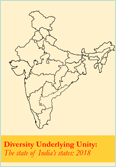
India's overall growth on economic parameters and progress in social parameters are the combined effect of the divergent performances of its states. Based on exhaustive research, interviews with state administrations and our own members with deep investments across the country, the report dissects the comparative performance of the states on parameters such as macroeconomic performance, economic and social infrastructure readiness, education, employment and consumption scenarios, industrial investments, political stability and governance and reforms performance. It identifies the advanced and laggard states of each parameter as well as those which are ready to break into a higher growth trajectory. Apart from theme-based comparison, the report includes a data-based annexure that encapsulates the current status of progress of each state.
The India Consumption Report 2016
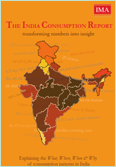
Consumption expenditure has followed varying growth trajectories across states as growth drivers have evolved differently in different regions. The India Consumption Report provides strategic insights as well as detailed consumpton mapping at the country and state levels - segregated by urban and rural areas - as well for the top 100 districts in each product category.Based on analysis of unit level consumption expenditure data from surveys conducted by National Sample Survey Organisation (for the years 2004-05 and 2011-12) and various rounds of Census data, the report helps in tracking the changing consumption patterns, understanding drivers that impact consumer choice, identifying markets with the biggest potential and in spotting the geographies where the next big opportunities might emerge.
The FY23 Salary Increments Benchmarking Study
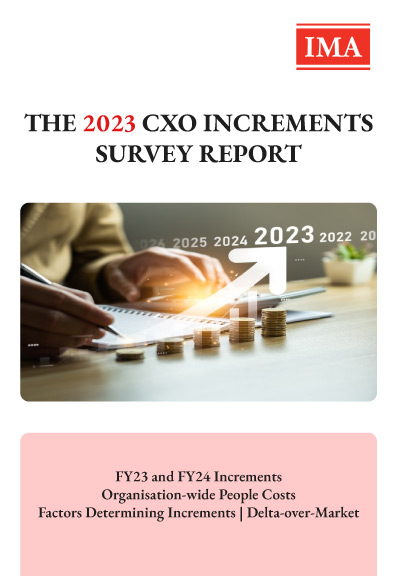
The 2023 CXO Personal Finance Report
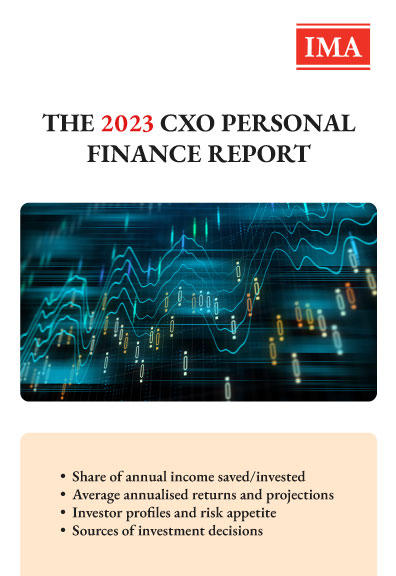
Finance
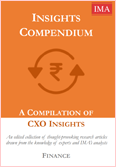
The ‘Finance Compendium’ looks at various issues pertaining to the functioning of the Finance function. These include areas such as compliance and corporate governance, technology adoption in Finance, cost and cash management, practical considerations arising from India’s direct- and indirect taxation regimes, and perspectives on the CFO’s role as a business leader.
HR
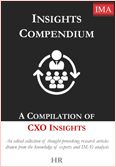
The ‘Human Resources Compendium’ covers issues ranging from the role of the HR function, organisational culture and talent engagement to diversity & inclusion, regulatory issues and managing a post-pandemic workforce.
Regulatory
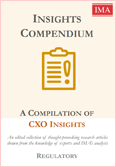
The ‘Regulatory Compendium’ looks at regulatory and compliance issues that impact businesses across various industries. Specifically, it examines India’s labour laws and regulations; the Personal Data Protection Bill; and a range of issues around the country’s direct and indirect-taxation regimes.
Sectoral
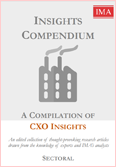
The ‘Sectoral Compendium’ examines sector-specific opportunities, challenges and growth prospects. It covers a wide range of industries, from automotive, aviation and agriculture to BFSI, construction and real estate, defence, and travel and hospitality.
Leadership
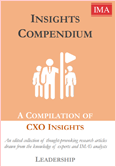
The ‘Leadership Compendium’ looks at what it takes to be a leader today and what leadership means in a post-pandemic world, including at the functional level. It also contains a number of inspirational case-studies of individuals who have overcome seemingly insurmountable challenges, in business as well as their personal lives.
Marketing

The ‘Marketing Compendium’ examines best practices in marketing, emerging trends in digital marketing, case studies of successful brand building, and what marketing means in the ‘new normal.’
Technology Adoption
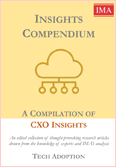
The ‘Technology Adoption Compendium’ looks at technology adoption in its various facets. At a holistic level, it examines the case for digital transformation. It goes on to study governance-related issues, including cyber security and data protection. Finally, it looks at how tech transformation is playing out across functions, including in Finance, HR and Marketing.
Case Studies
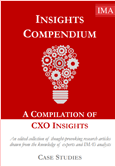
The ‘Case Studies Compendium’ contains valuable case-studies that examine various aspects of running a business in India. These include examples of successful growth strategies that cut across sectors; marketing- and technology-related best practices; the stories of several cutting-edge start-ups; and lessons in leadership.
Copyright ©️ 2021-22 INTERNATIONAL MARKET ASSESSMENT INDIA PRIVATE LIMITED. All rights reserved






 Table of contents
Table of contents